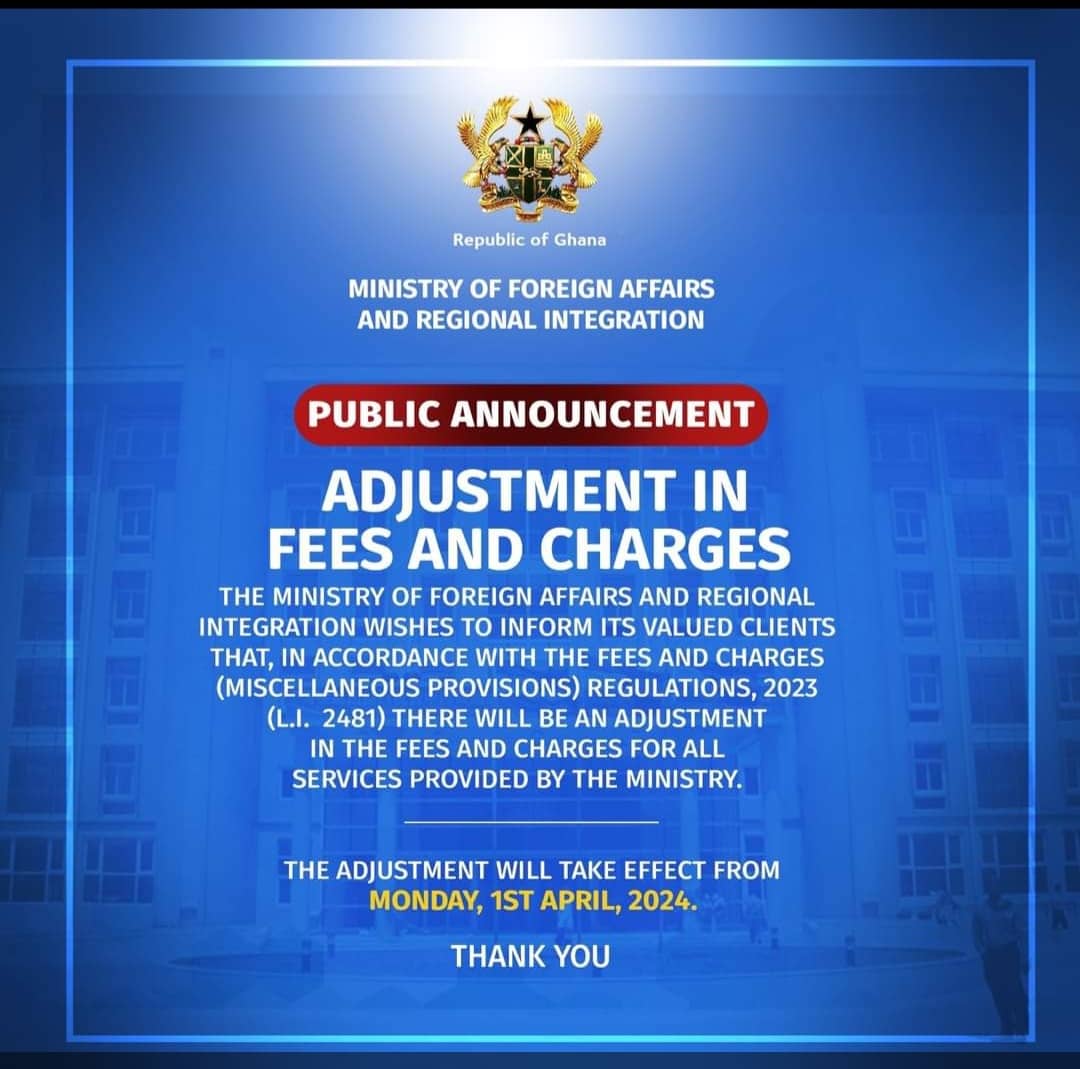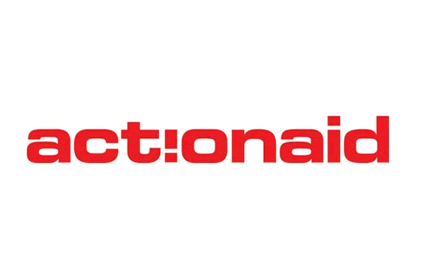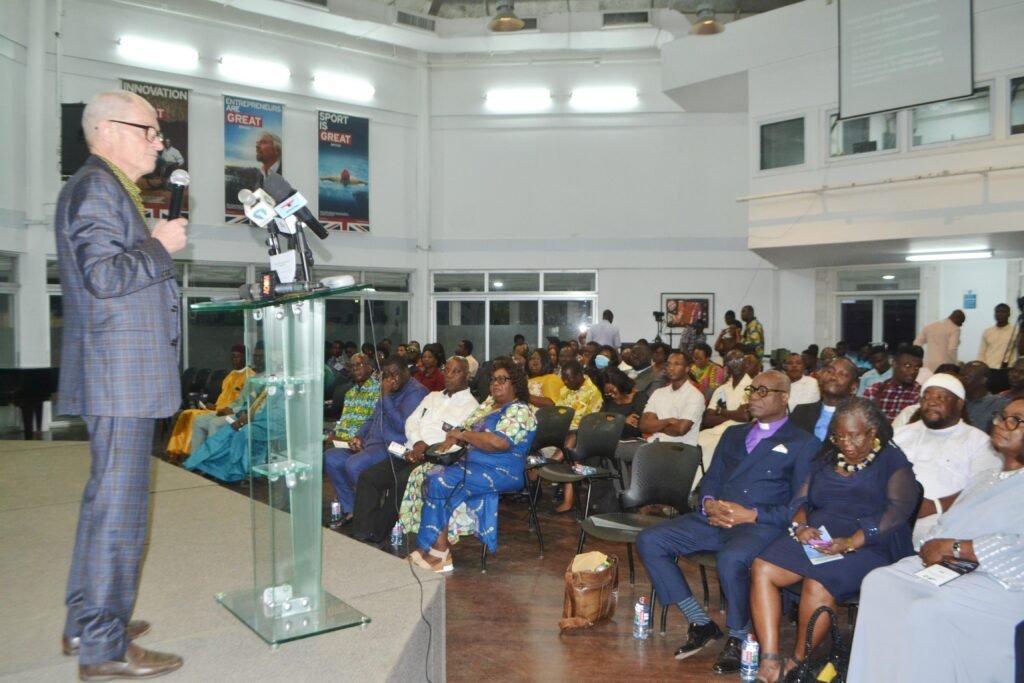
Government has introduced a pre-tertiary education curriculum for the basic education which is set to take effect from September 2019.
The new pre-tertiary education is to offer quality education to students as well as train teachers to meet the curricula requirement.
The Minister for Education, Dr Mathew Opoku-Prempeh, disclosed this when he took his turn at the Meet-the- Press series in Accra to update the media on the status of pre-tertiary and tertiary education in the country.
He said the new curriculum would address the challenges of the former curriculum, which had an overloaded content and could not provide sufficient data on which improvement in teaching and learning could be fashioned.
According to him, the new curriculum was formulated by Ghanaian education experts to focus on fostering nationalism, patriotism and national unity, which are necessary for nation building.
Key features on the curriculum include emphasis on reading, writing, arithmetic as well as creative art in all primary school.
Dr Prempeh added that the curriculum was also reintroducing the History of Ghana in schools from the Ghanaian perspective in order to give students an in-depth knowledge about the country.
'Physical education and sports were restored in the new basic education curriculum as an integral part of a programme of balanced education, while provisions were also made for the development of critical core competencies in schools," he added.
The new curriculum would strengthen the teaching of Mathematics, Information Communication Technology (ICT) and French language with focus on equity and inclusion, the Minister added.
Also, Kindergarten (KG) and Primary classroom teachers as well as others relevant school level actors on the curriculum are being trained.
Touching on free Senior High School (SHS) education policy, Dr Prempah said there was a 43% rise in the secondary school enrolment in two years, through the access created using the Double -Track system.
He emphasized that the double track system would leave no child behind, but would continue to give every child in the country the opportunity to attain senior high school certificate in their preferred schools, adding that, second year students would remain on the double-track system.
On the Tertiary Education Policy (TEP), the Minister indicated that the policy was to address issues of governance and management of public tertiary education including appointments and designation of principal officers and accountability in tertiary education institutions.
"The policy also highlights equity and access by giving equal opportunities to candidates applying for admission into the tertiary institutions through the common electronic admission platform," he minister said.
He added that other key areas were quality and relevance in tertiary education, financing and cross-cutting issues such as gender and inclusion, sexual harassment and HIV/AIDS.
Read Full Story

















Facebook
Twitter
Pinterest
Instagram
Google+
YouTube
LinkedIn
RSS